They often say that imitation is the highest form of flattery. But what happens when another company takes inspiration from your innovative design to improve their own product? Is that flattery taken to the next level? Well, Toyota can confirm that it absolutely is. Since the 1980s, automobile manufacturers worldwide have been integrating Toyota engines into their vehicles, and it's no wonder why. Toyota engines are renowned for their durability and reliability. Here are seven examples of non-Toyota vehicles that have used Toyota engines over the years. In 2001, British automaker Lotus introduced the second series of its Elise models, incorporating Japanese engineering expertise. For the second series, some models were equipped with the Rover K-Series engine, while others utilized engines from Toyota's ZZ Series: By the time the third series began in 2011, Lotus had completely replaced the Rover K-Series with Toyota engines. Initially, the U.S.-based Elise models were fitted with the 2ZZ-GE engine, but the National Highway Traffic Safety Administration (NHTSA) mandated its removal due to the absence of smart airbags. However, the latest Elise models in Europe are powered by two variations of the Toyota ZZ Series engines, designed to meet Euro 5 emission standards. The success of Toyota engines in the Elise series inspired Lotus to adopt the same strategy for other premium models like the Evora. This time, Lotus embraced the Toyota GR Series, which is also found in certain Lexus models. Evora buyers can choose between two versions of the 3.5L GR engine, one producing 276 horsepower and the other delivering 345 horsepower. Similar to the Elise, Lotus phased out the Rover K-Series engine in favor of Toyota engines when they launched the second series of the Exige in 2004. The initial models in this series used the standard 2ZZ-GE engine. The following year, they enhanced the engine by adding a supercharger and boosting its horsepower. The current series features Exige models with 355 horsepower, powered by the 1.8L Toyota supercharged I4 engine. In 2013, Dutch sports car manufacturer Spyker Cars took a leap toward Japanese engineering by installing a Lotus-sourced engine in their concept car, the Spyker B6 Venator. Although the engine was branded under the Lotus name, it was actually derived from Toyota’s ZZ Series. Unfortunately, this Toyota-powered vehicle never made it to production due to Spyker's bankruptcy in 2014. However, there’s still hope, as Spyker resumed operations in 2016 and unveiled their latest model, the C8 Preliator. While the Preliator will feature a Koenigsegg V8 engine, there’s a possibility that Toyota motors may return in future Spyker models. Jointly developed by General Motors and Toyota, this compact hatchback offered two engine options from Toyota’s ZZ Series: the 1.8L 1ZZ-FE engine and the 2ZZ-GE engine. For the second generation, which debuted in 2009 with a fresh design, customers could choose between engines from Toyota’s ZR Series and AZ Series. However, just a year later in 2010, GM announced the discontinuation of the Pontiac brand, taking the Vibe and its reliable Toyota engine with it. Born from the collaboration between Toyota and General Motors, the Geo/Chevrolet Prizm relied entirely on Toyota engines throughout its 12-year run. Based on the Japanese Toyota Sprinter, which is essentially a variant of the Toyota Corolla, it made perfect sense to use the Corolla’s engine in the Prizm. When the Prizm was introduced in 1990, it was powered by engines from the now-defunct Toyota A Series, offering choices between the 4A-FE and 4A-GE engines. The 4A-FE engine carried over to the next generation, along with the 7A-FE engine. 1998 marked a significant year for the Geo Prizm, as it not only adopted a new name (Chevrolet Prizm) but also received a brand-new engine from Toyota’s ZZ Series: the 1ZZ-FE I4 engine. By the time the fifth generation of the Chevy Nova arrived, GM partnered with Toyota to revamp the design. Like the Prizm, the fifth-generation Nova was based on the Sprinter and powered by Toyota engines from the A Series. Buyers could opt for either the 1.6L 4A-C I4 engine or the 1.6L 4A-GE I4 engine, along with a choice of a five-speed manual or a three-speed automatic transmission. If you notice the Nova resembling the Geo Prizm, you're correct. The Prizm is essentially a later version of the Nova, as Chevy rebranded it in 1989 to appeal to import car enthusiasts. Heavy Duty Car Washing Machine China Heavy Duty Car Washing Machine, Large Car Washing Machine, Mechanical Car Washing Machine Zhengzhou Shinewash Technology Co.,Ltd , https://www.shinewashtech.com 1. Lotus Elise: Series 2 and 3 (2001-Present)
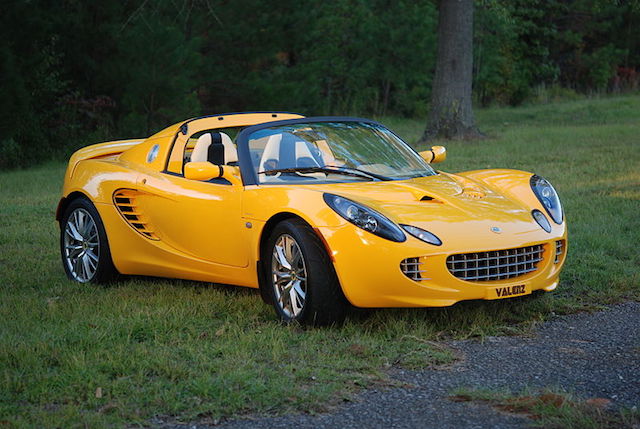 A 2008 Lotus Elise. Image Copyright AJ Arduengo
A 2008 Lotus Elise. Image Copyright AJ Arduengo
2. Lotus Evora (2009-Present)
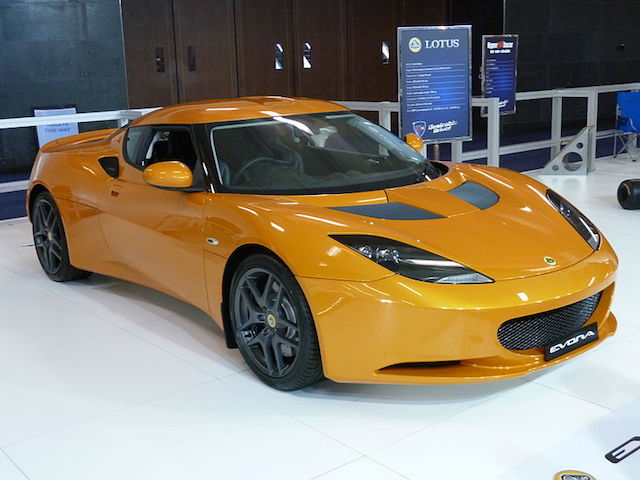 A 2009-2010 Lotus Evora. Image Copyright OSX
A 2009-2010 Lotus Evora. Image Copyright OSX 3. Lotus Exige: Series 2 and 3 (2004-Present)
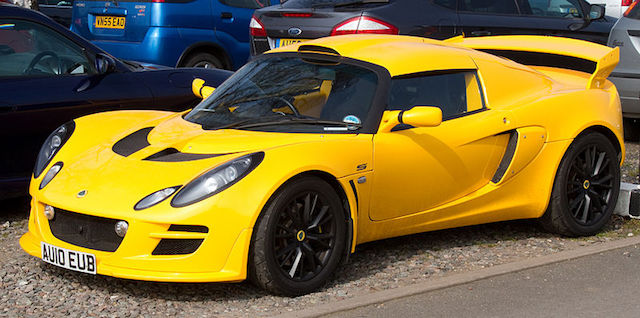 A Lotus Exige. Image Copyright Tony Hisgett
A Lotus Exige. Image Copyright Tony Hisgett 4. 2013 Spyker B6 Venator
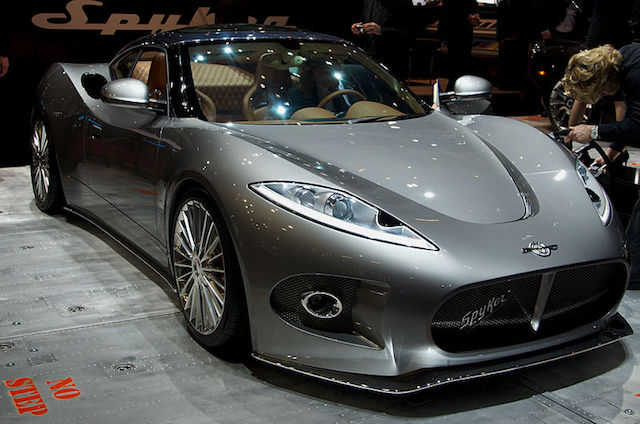 A 2013 Spyker B6 Venator. Image Copyright Clément Bucco-Lechat
A 2013 Spyker B6 Venator. Image Copyright Clément Bucco-Lechat 5. Pontiac Vibe (2002-2010)
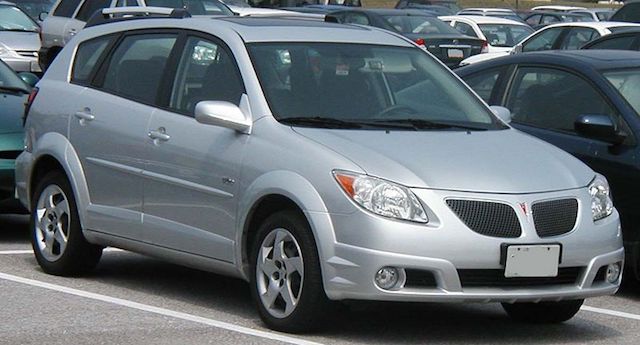 A Pontiac Vibe. Image Copyright IFCAR
A Pontiac Vibe. Image Copyright IFCAR 6. Geo Prizm (1990-2002)
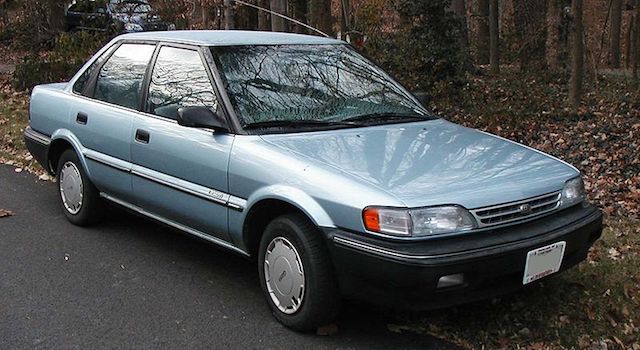 A 1990-1992 Geo Prizm. Image Copyright IFCAR
A 1990-1992 Geo Prizm. Image Copyright IFCAR 7. Chevy Nova: 5th Generation (1985-1988)
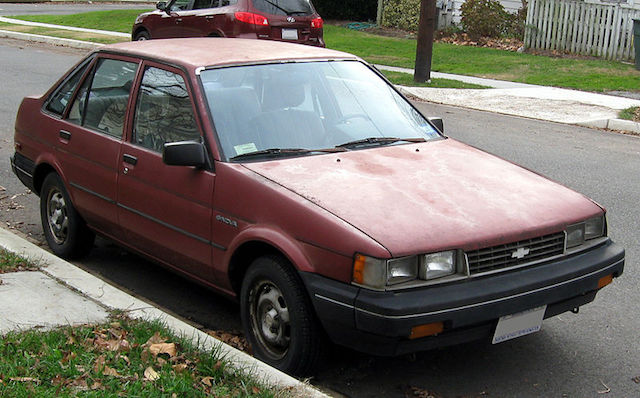 A 1986-1988 Chevy Nova sedan. Image Copyright IFCAR
A 1986-1988 Chevy Nova sedan. Image Copyright IFCAR
7 Cars That Aren't Toyotas, But That Have A Toyota Engine